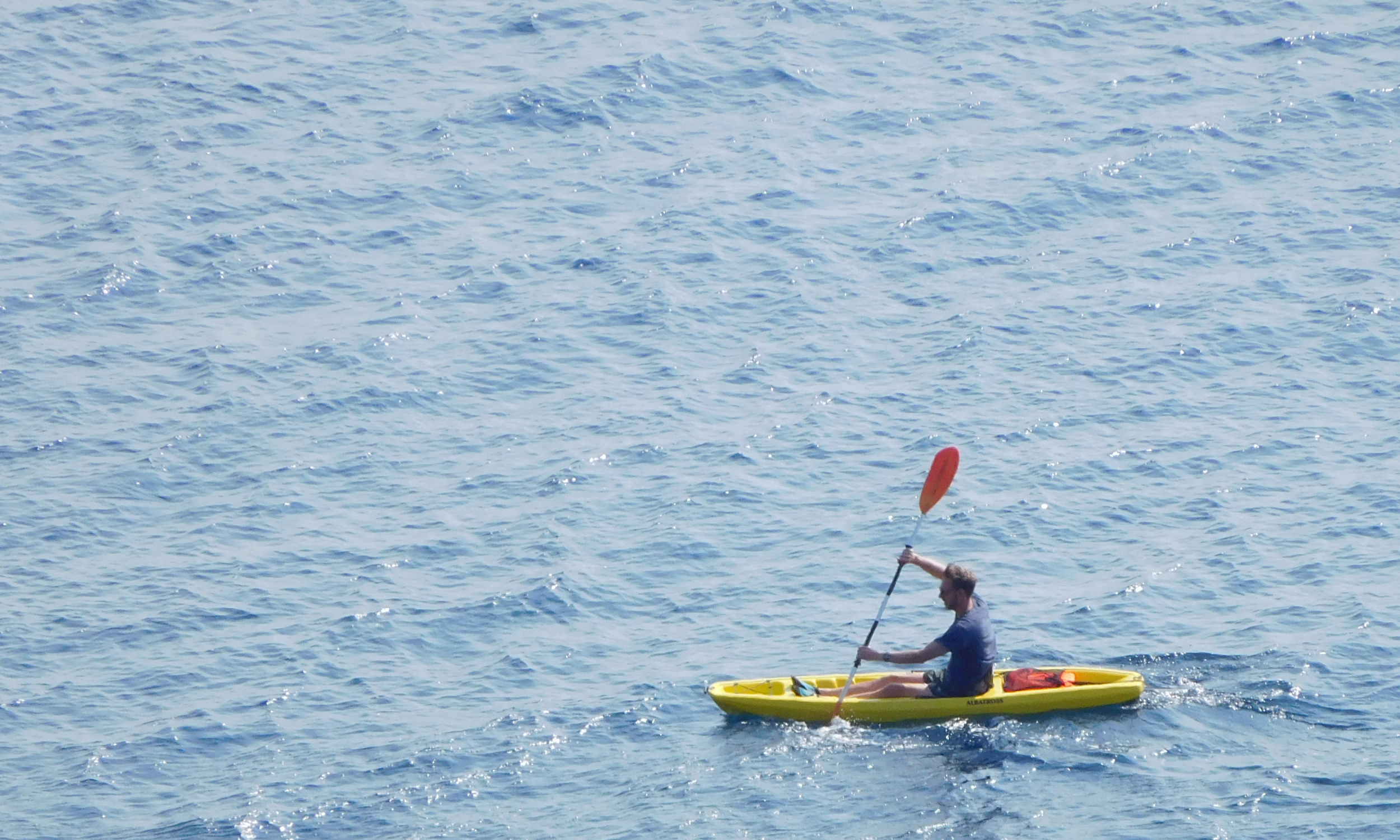How That Hobby Can Make You Successful In Your Work
"Je ne parle pas anglais."
Lost and alone in the Gare du Nord in the middle of Paris, this was the unhelpful answer I got whenever I asked for help.
I had flown into the city a week earlier and had even managed to find my way into the center of town…despite a city-wide transport strike.
But this was a whole new animal. I needed help.
“How am I going to do this…I don’t even speak French!”
Looking to secure an overnight billet de nuit to Provence, I needed to both validate my Eurorail pass and pay a supplement.
After this rough start I would go on to successfully navigate a few dozen European train stations and airports over the summer of 1996.*
Why Hobbies Drive Success
“I knew I would eventually get the hang of international travel, but I had no idea I would be developing skills that would drive future professional success….problem-solving skills, for example.”
25 years later, it is still a beloved hobby of mine. But not because it helps me in my work. That is just a nice coincidence.
You might think that designing a piece of jewelry or another one of your hobbies is a waste of time. You would be wrong.
Before we look at exactly how your hobby and non-work interests help you, consider that “work is a highly creative process,” according to psychologist and Management Professor Mihaly Csikszentmihalyi.
Your creativity is one of those MUST-HAVE resources. Sadly, it is often hidden.
Here is what the distinguished professor has to say about it:
It involves “fluency, or the ability to generate a great quantity of ideas; flexibility, or the ability to switch from one perspective to another; and originality in picking unusual associations of ideas.”
Do any of these 3 sound familiar in your job?
1) Perspective gathering = flexibility
How often do you need to switch perspectives to hear all sides, consider all arguments?
2) Problem solving = fluency
When problem-solving, how important is the ability to generate ideas?
3) Connecting ideas = originality
For complex problems, does it help to choose and connect unrelated or unusual associations of ideas?
If you work in the world of computers and phone calls like me, I am sure you do all 3 on a regular basis.
According to Mr. Csikszentmihalyi, “creative individuals are remarkable for their ability to adapt to almost any situation and to make do with whatever is at hand to reach their goals”.
If you did not have the ability to adapt and be resourceful with what you have, you would be out of a job.
Your answers to the three questions show how important creative skills are and how often you use them.
What does current research say?
Jory Mackay at Fast Company points out that “a growing crop of research suggests that spending time and energy on unrelated tasks, hobbies, and interests can actually supercharge our ability to learn and grow, making us even better at all our work.”
EVERY ONE OF US needs a keen sense of focus to be able to do our best work. But denying yourself hobbies and other non-work-related interests can hold you back from doing your best.
The next time you feel guilty for spending time on something other than work, remember that you are expanding your range of knowledge and developing a sense of mastery.
3 MUST-HAVE Work Skills
Regardless of what these experts say, the main reason that I believe my hobbies help me in my job is personal experience.
Case in point – here are 3 “work-beneficial” skills that my international travel hobby has helped me develop (with real-life examples):
Problem-solving skills - “I’ve missed my connection and need to find another train/plane to take or where I’m going to stay tonight.
Adaptability skills - “Every hotel is booked in this city so I need to find someplace to stay outside of the city.”
People skills - “I’ve never been in this station/airport, so I need to find a stranger and ask for help.”
And international travel continues to provide opportunities to learn, grow and adapt.
With the occasional challenge (kayaking around Greek island on windy day).
“When my wife and I visited Africa in 2017 it was Paris all over again – missed flight connection in Namibia, sketchy border crossing from Botswana into South Africa…critical situations where good problem-solving skills were required.”
Smart Phones and Google Maps have certainly made travel A LOT easier…until your phone does not work or there is no GPS in your rental car.
How does your favorite hobby help you in your work?
Thanks for your engagement!
Tim Nash
P.S. For my advice on how to leverage your hobby in your work, book your FREE CLARITY CALL.
*This article first appeared in BRAINZ Magazine in 2022.


